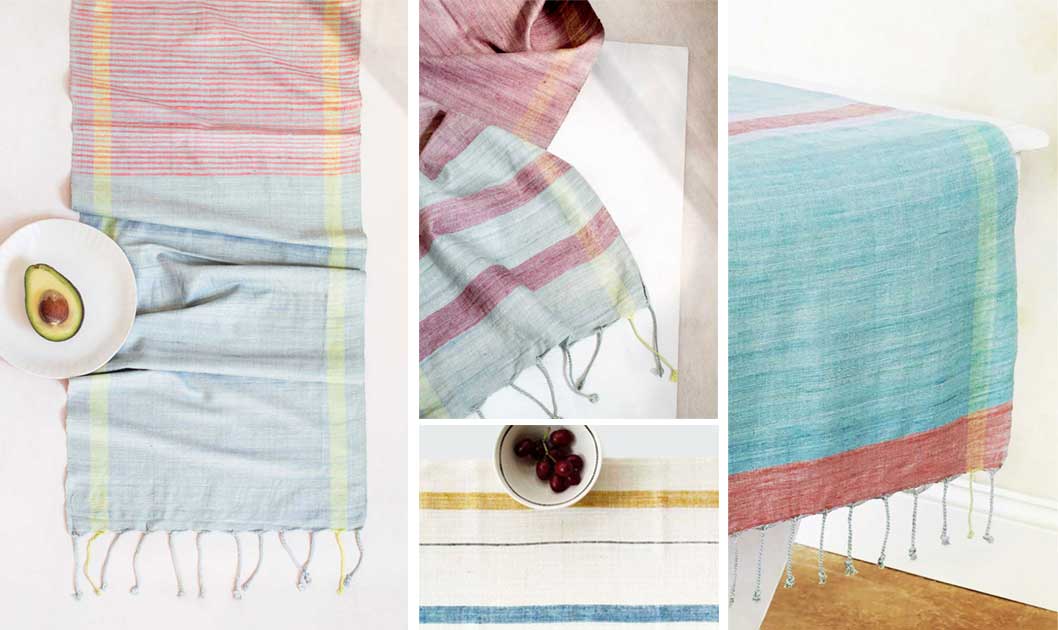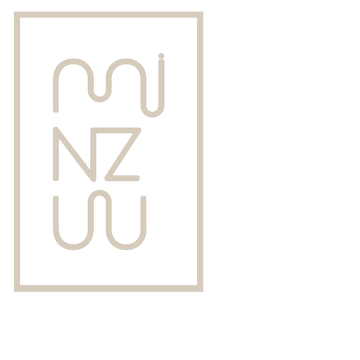Our newly arrived table linens come with touching stories from India. Throughout 10 artisan groups, social enterprise Sustainable Threads matches product development efforts with the skill sets of each community. Their goal is to build long-term, fair-trade partnerships with artisans from the most disadvantaged communities.
"Our focus is on the people, not just the product."
In the past, people with disabilities faced extreme discrimination in India. The prejudice continues till today, and as a result, this community keeps facing steep challenges to finding employment. In Haryana, a small eight-person weaving unit offers employment and life skill training to people with physical disabilities, allowing them to use traditional weaving skills to create modern, functional pieces. As an avenue for greater financial independence and social acceptance, this non-profit social enterprise also provides scholarships for the children of their artisans, as well as a revolving loan fund for young adults to pursue higher education.

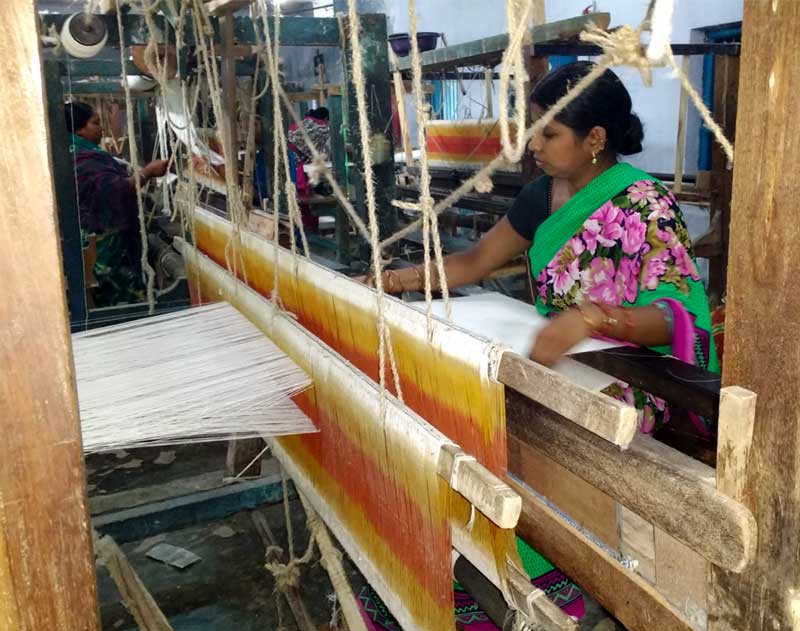
In Assam, indigenous Bodo women are masters of bamboo hand looms. They string silk threads vertically upon the looms, then weave horizontal interlacing threads in decorative patterns. Unlike in the production of most commercial silk that kills silkworms in the process, silkworm cocoons here are collected only after the moths have emerged. Artisans wait patiently for silkworms to live out their life cycles, metamorphose into moths and vacate their cocoons. Therefore, the silk they use is known as ahimsa, Eri silk, or peace silk.

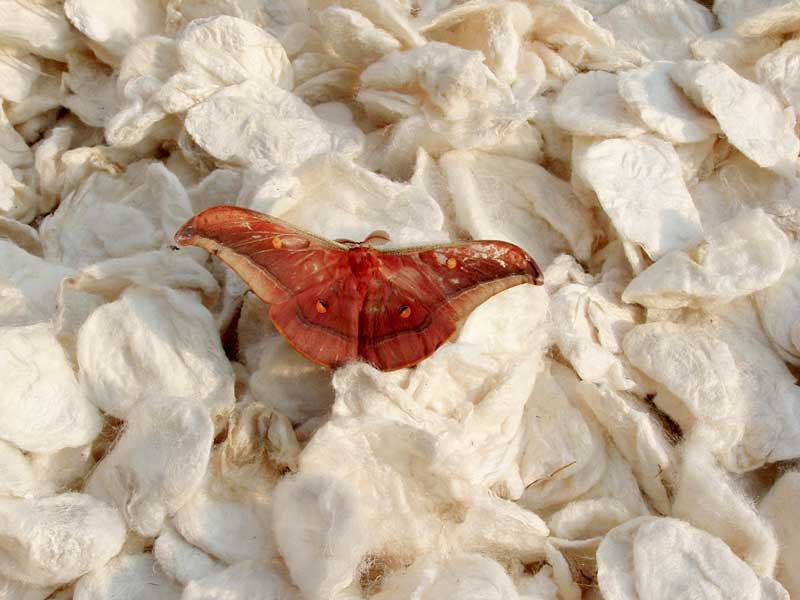
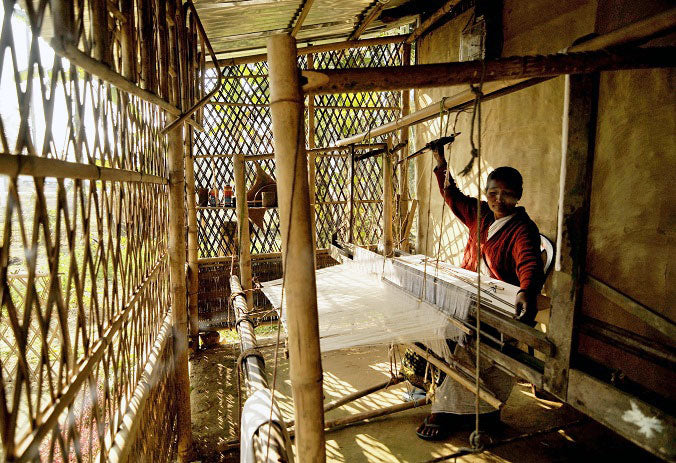
Cox and Kings
Our favorites are these raw silk table runners colored naturally with azo-free dyes. No pesticide or chemicals were used during any of the production processes.

